20 Thrillers So Hitchcockian, You’ll Think He Directed Them
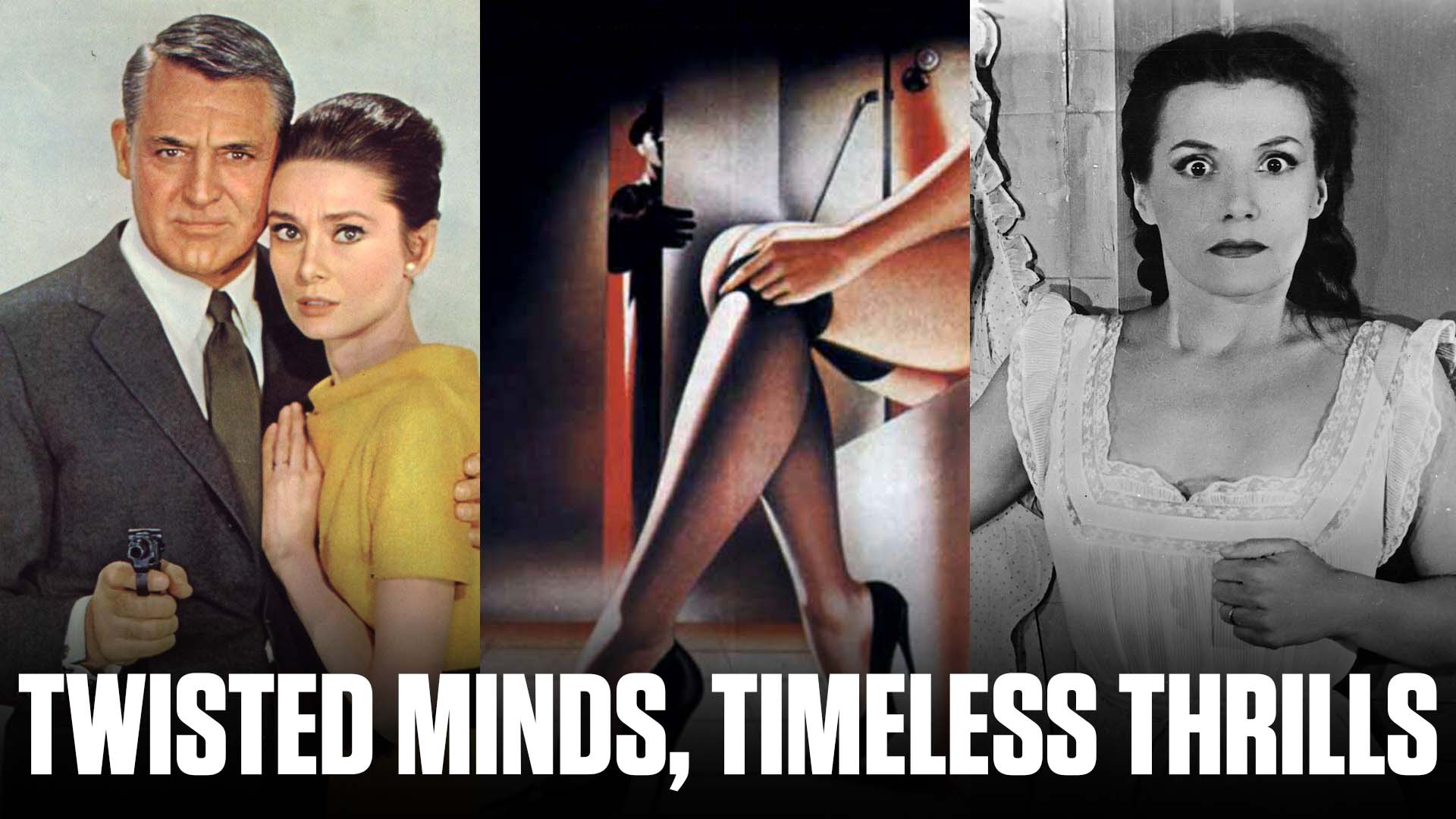
The Hitchcock Formula Inspiration: When Suspense Becomes an Art Form
Alfred Hitchcock’s legacy as the Master of Suspense has influenced many filmmakers year after year. His signature of blending tension, psychological depth, and visual storytelling can be found in these thrillers by other directors.
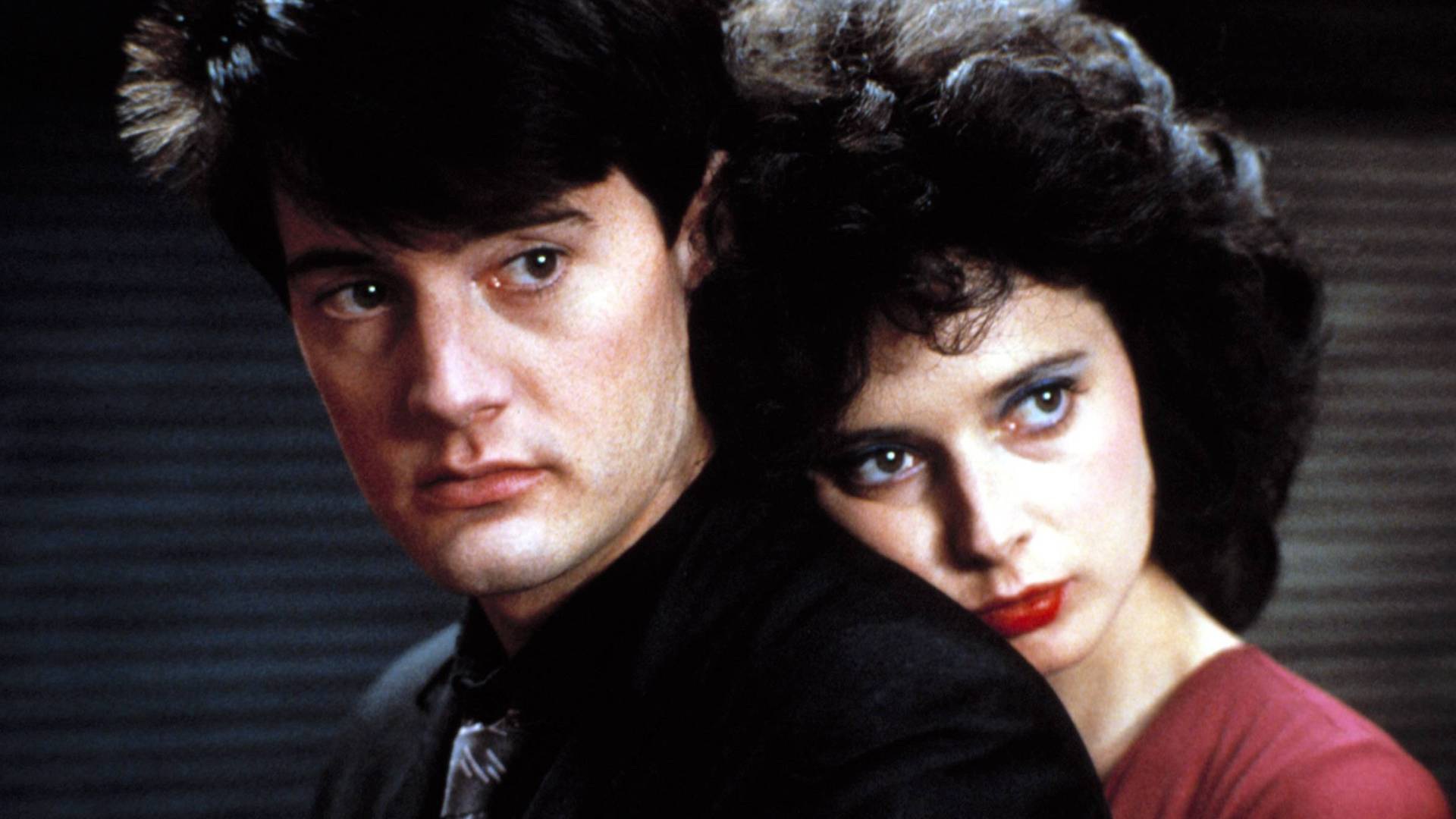
Blue Velvet (1986)
David Lynch takes Hitchcock’s "dark underbelly of a perfect town" theme from Shadow of a Doubt and plunges it into a surreal nightmare. The discovery of a severed ear sends an ordinary college student into a world of voyeurism, obsession, and sexual depravity. It's Hitchcock’s themes pushed to their most artistic and disturbing extreme.
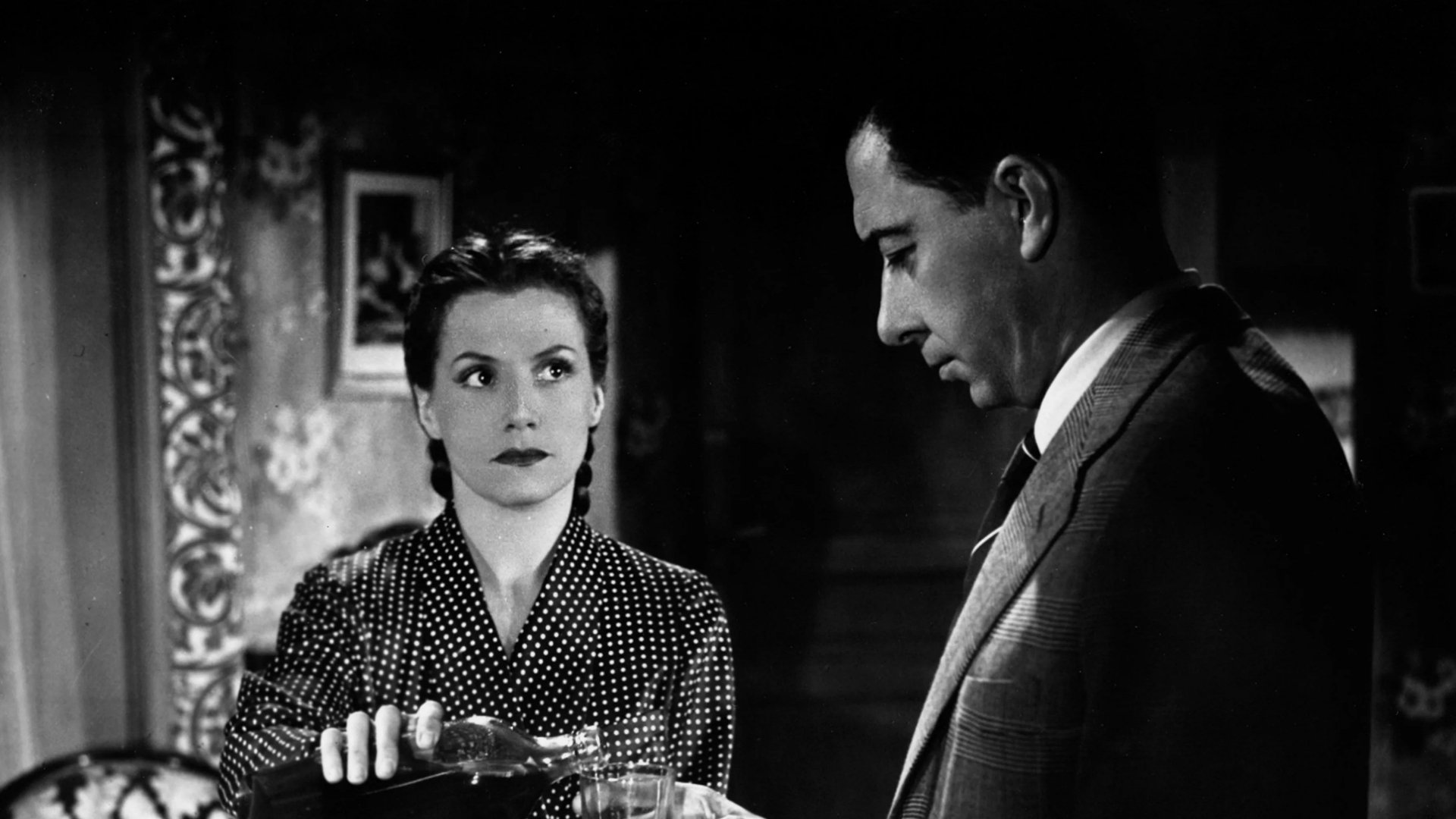
Les Diaboliques (1955)
The film that Hitchcock reportedly wished he had made. The frail wife and the hardened mistress of a cruel headmaster team up to murder him. But after they dump the body... it disappears. This is a film of pure, creeping psychological dread that builds to one of the most famous and influential twist endings in cinema history.
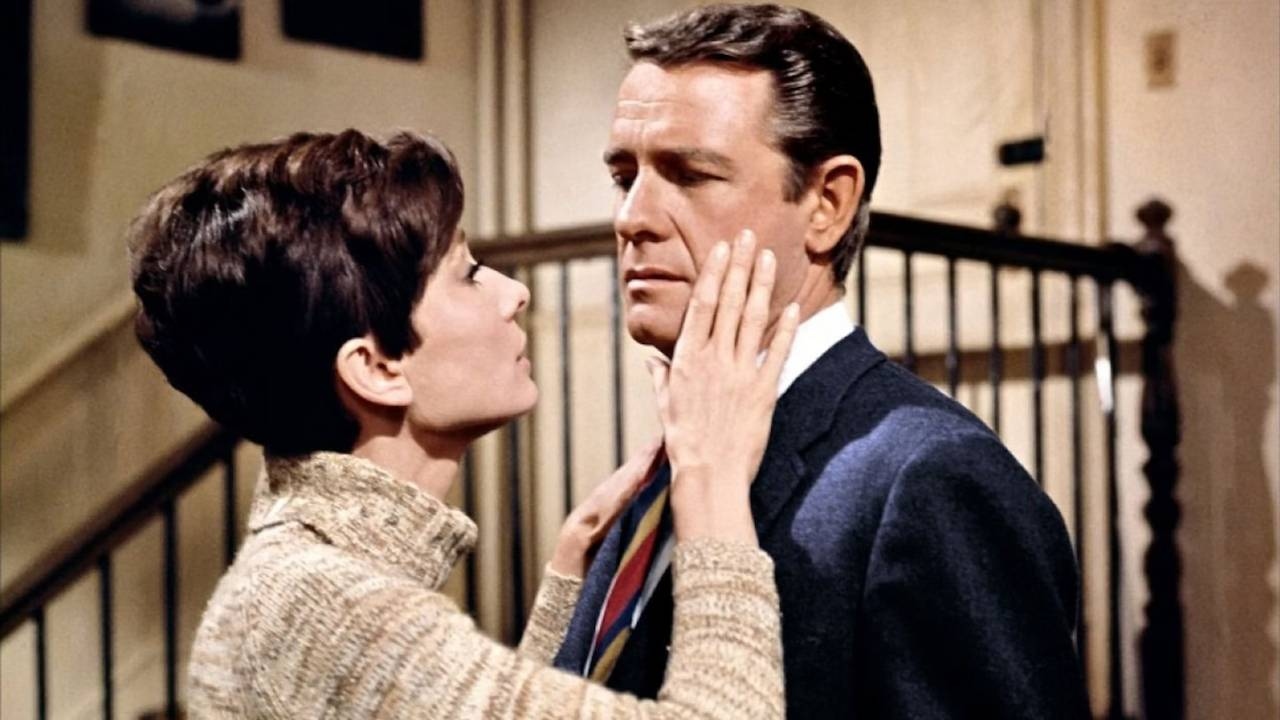
Wait Until Dark (1967)
A masterwork of "woman in peril" suspense. A recently blinded woman (Audrey Hepburn) is terrorized in her own apartment by con men searching for a hidden package. The film's legendary climax, which plunges the apartment into near-total darkness, is a brilliant use of sensory deprivation to put the audience directly in the heroine's shoes, creating unbearable tension.
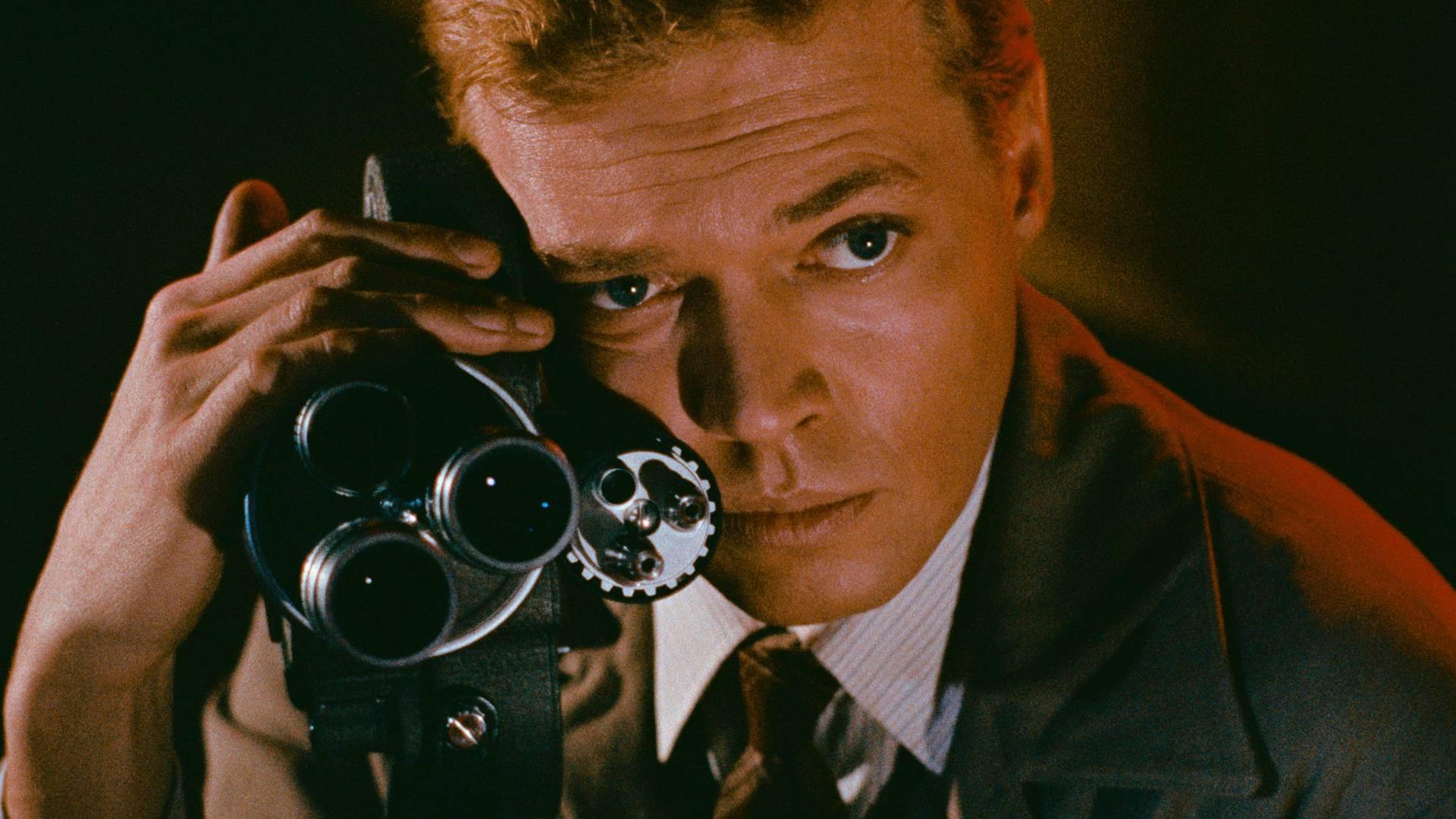
Peeping Tom (1960)
Here is a chilling psychological study of voyeurism and obsession. Michael Powell’s controversial film mirrors Rear Window’s fascination with watching, but pushes that ambition into disturbing, self-reflective territory that prefigures modern horror. It’s one of the must-watch movies.
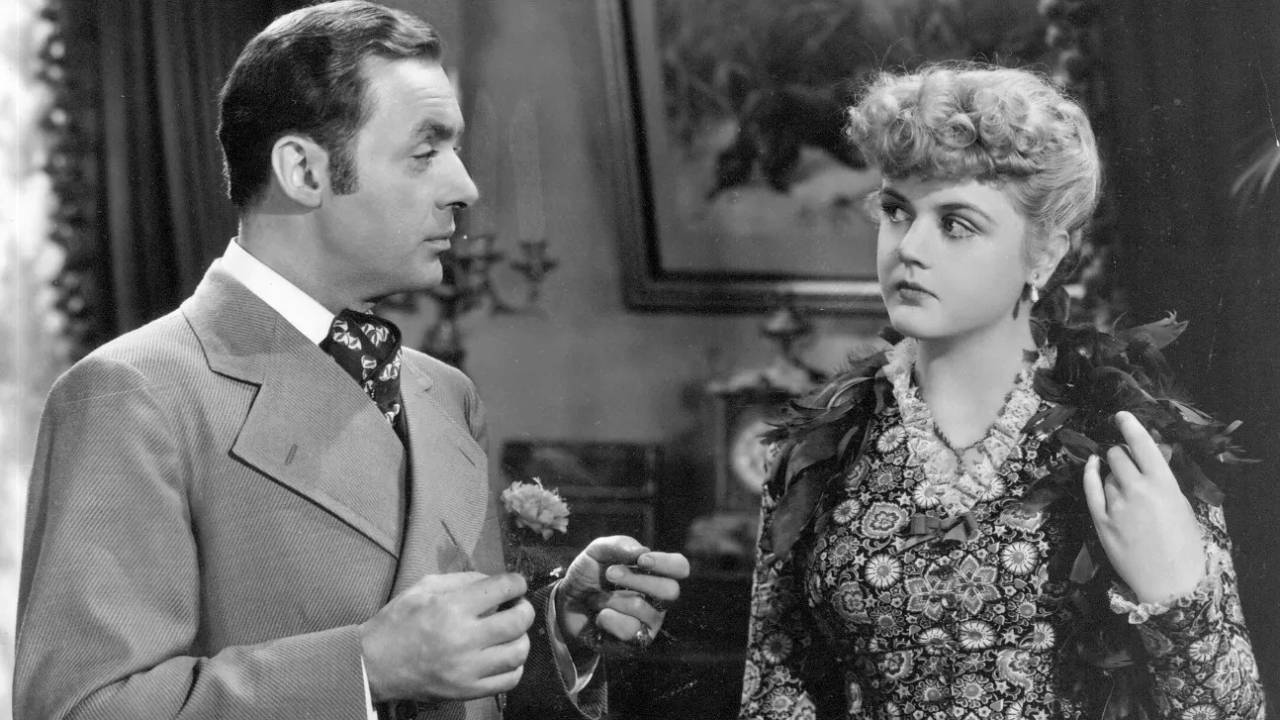
Gaslight (1944)
This is the film that literally gave a name to a form of psychological abuse. Ingrid Bergman plays a new bride whose charming, older husband begins a subtle, systematic campaign to make her believe she is losing her mind. It’s a perfect Hitchcockian setup: a trapped woman, a sinister (but outwardly respectable) villain, and a mystery hidden within the house itself.
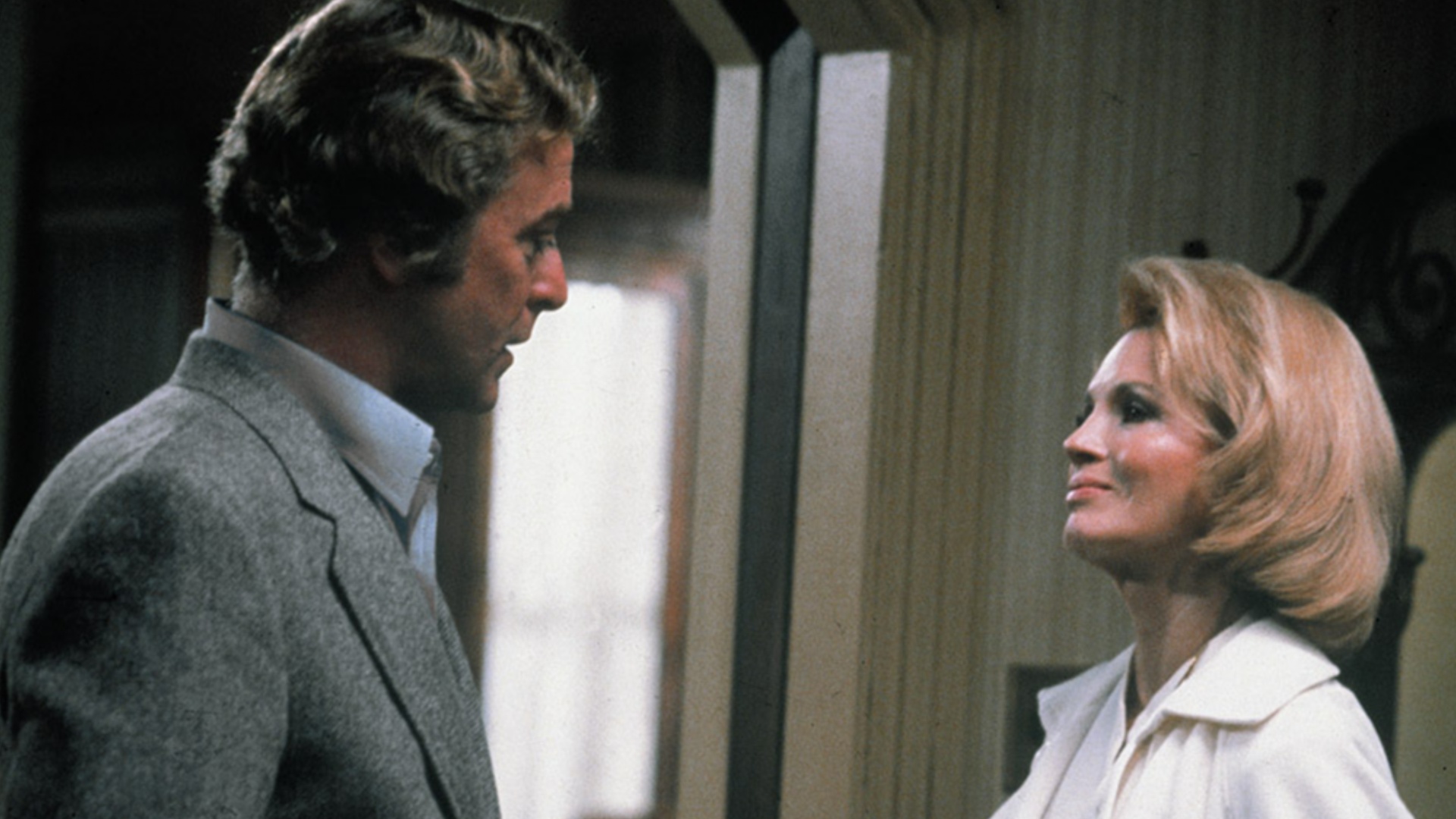
Dressed to Kill (1980)
Brian De Palma is arguably Hitchcock’s most devoted, and controversial, student. This film is his most stylish and direct homage to Psycho, complete with a "shocking" early death, a mysterious blonde, and a killer with a hidden identity. It's a masterclass in visual suspense, including a legendary museum sequence that is pure, dialogue-free Hitchcockian voyeurism.
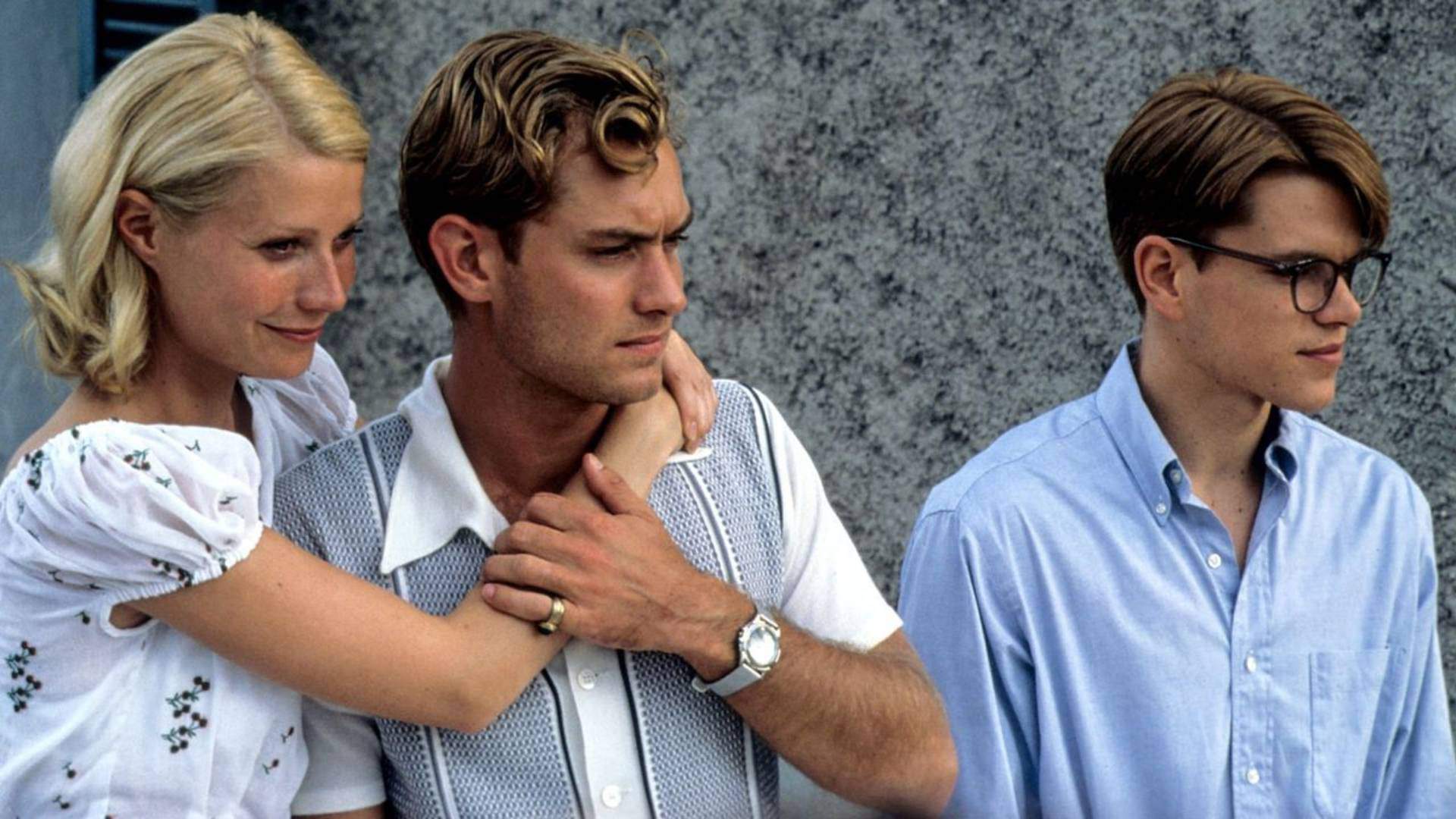
The Talented Mr. Ripley (1999)
This film is a haunting story of identity theft and obsession. Matt Damon's Tom Ripley is a man so desperate to besomeone else that he's willing to kill for it. The film perfectly captures the Hitchcockian theme of a protagonist wrestling with a dark secret, forcing the audience to sympathize with a murderer as the net slowly tightens around him.

The Stranger (1946)
Directed by Orson Welles, this postwar noir about a Nazi hiding in small-town America grips viewers till the end. With its creeping paranoia and cat-and-mouse tension, The Stranger plays like a Hitchcock thriller soaked in moral darkness and deceit.
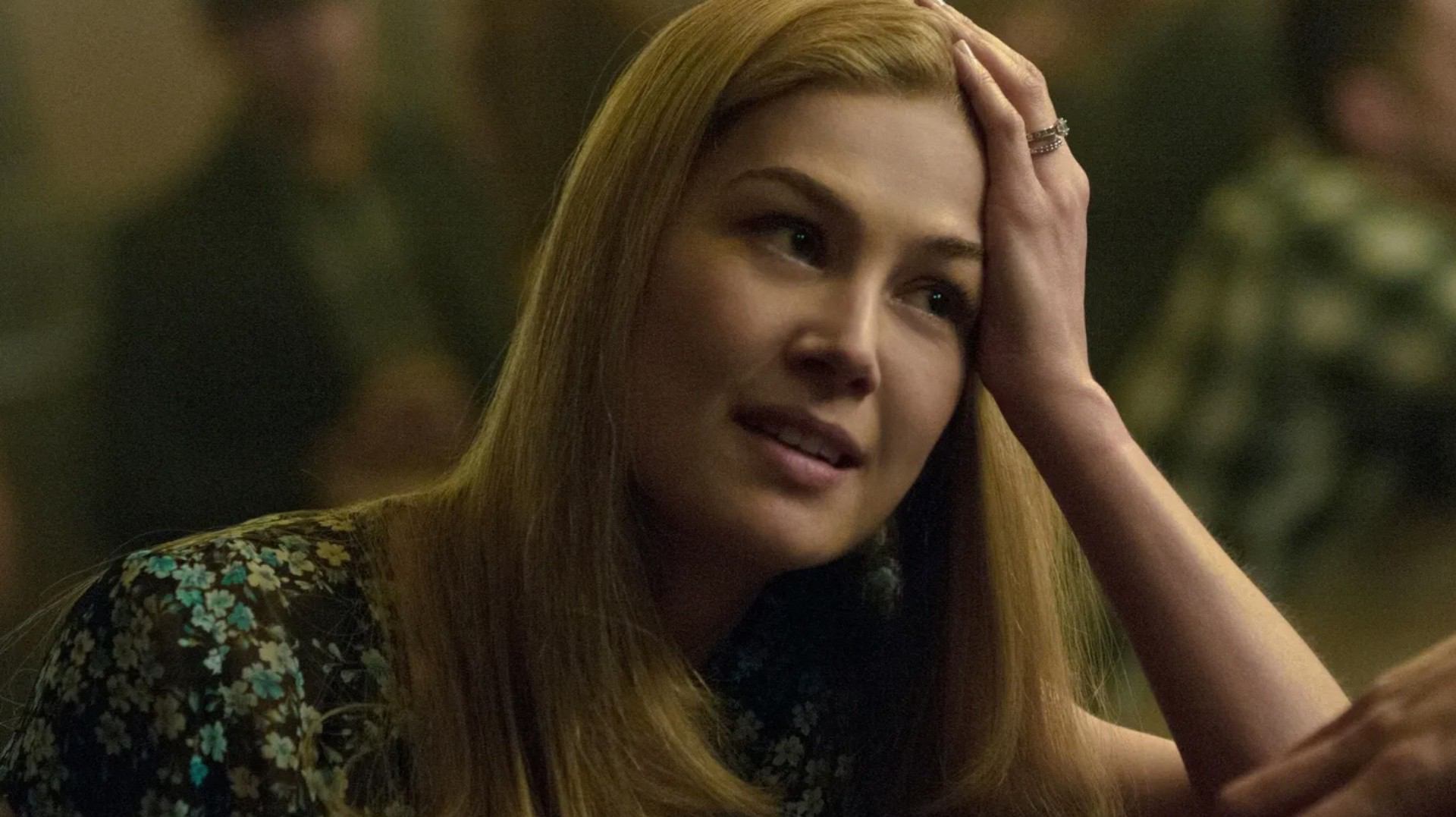
Gone Girl (2014)
A modern master of the genre, Fincher creates a labyrinthine thriller where the central "MacGuffin" is the truth itself. The film weaponizes unreliable narrators and a shocking mid-point twist, leaving the audience to piece together a puzzle of lies, media manipulation, and a truly dark psychological trap.
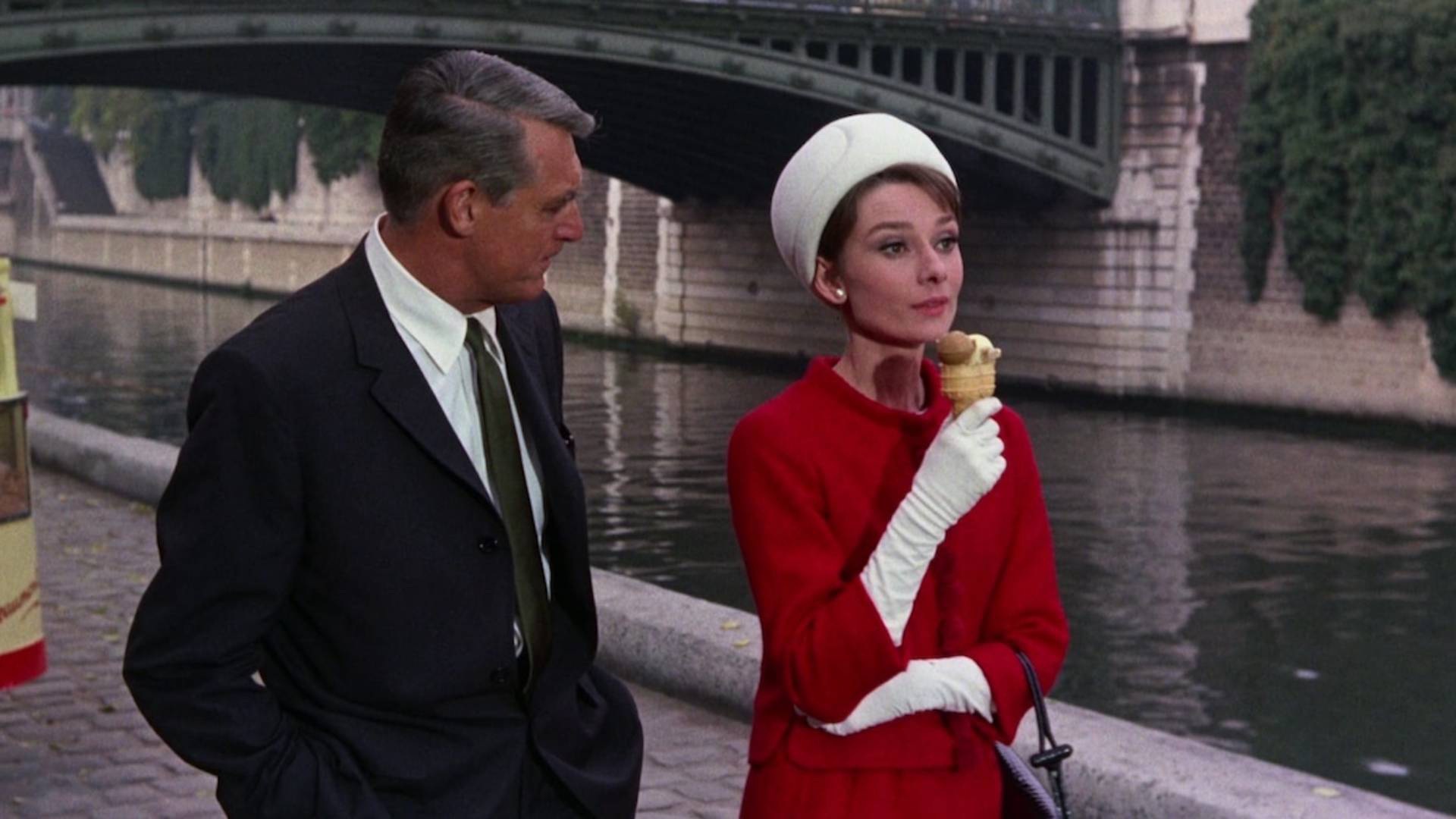
Charade (1963)
Often called "the best Hitchcock film Hitchcock never made." Audrey Hepburn is the charming woman in peril, and Cary Grant (a Hitchcock favorite) is the dashing stranger whose identity keeps changing. With a stolen fortune as the MacGuffin, witty dialogue, and a constant sense of shifting alliances, this is the most perfect and stylish homage to the master.
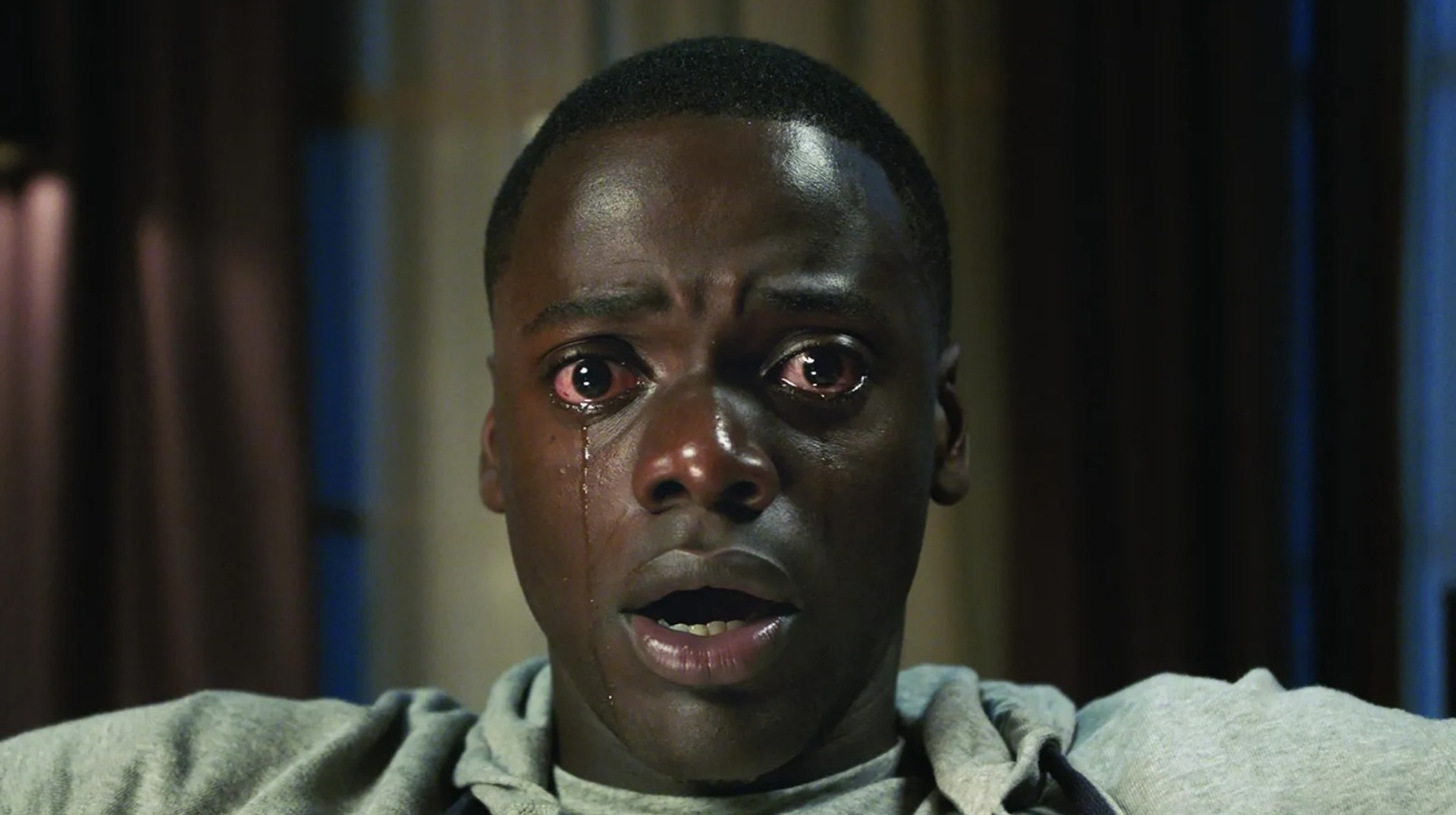
Get Out (2017)
A perfect modern evolution of the Hitchcockian formula. An ordinary man goes to meet his girlfriend's family, but his growing paranoia—the sense that something is deeply, fundamentally wrong beneath the idyllic surface—turns out to be horrifyingly real. It's a brilliant blend of social thriller and Shadow of a Doubt, where the monster is hidden in plain sight.
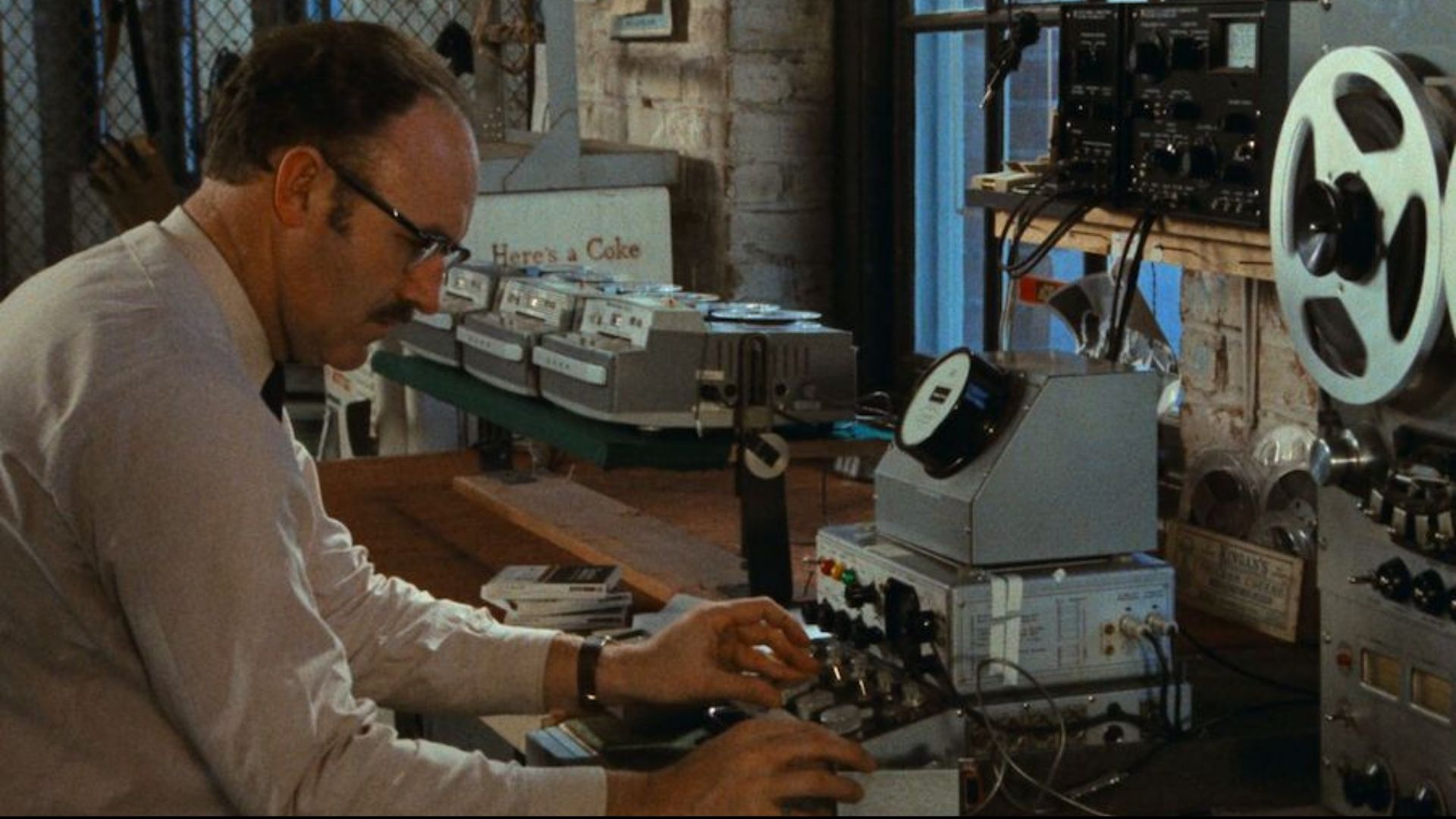
The Conversation (1974)
This is a thriller built around sound. Gene Hackman plays a surveillance expert—a professional voyeur—who becomes consumed by paranoia and guilt after recording a cryptic conversation. It’s a perfect post-Watergate Hitchcockian film, swapping "seeing" for "hearing" and masterfully building a sense of dread as a man is destroyed by his own obsession.
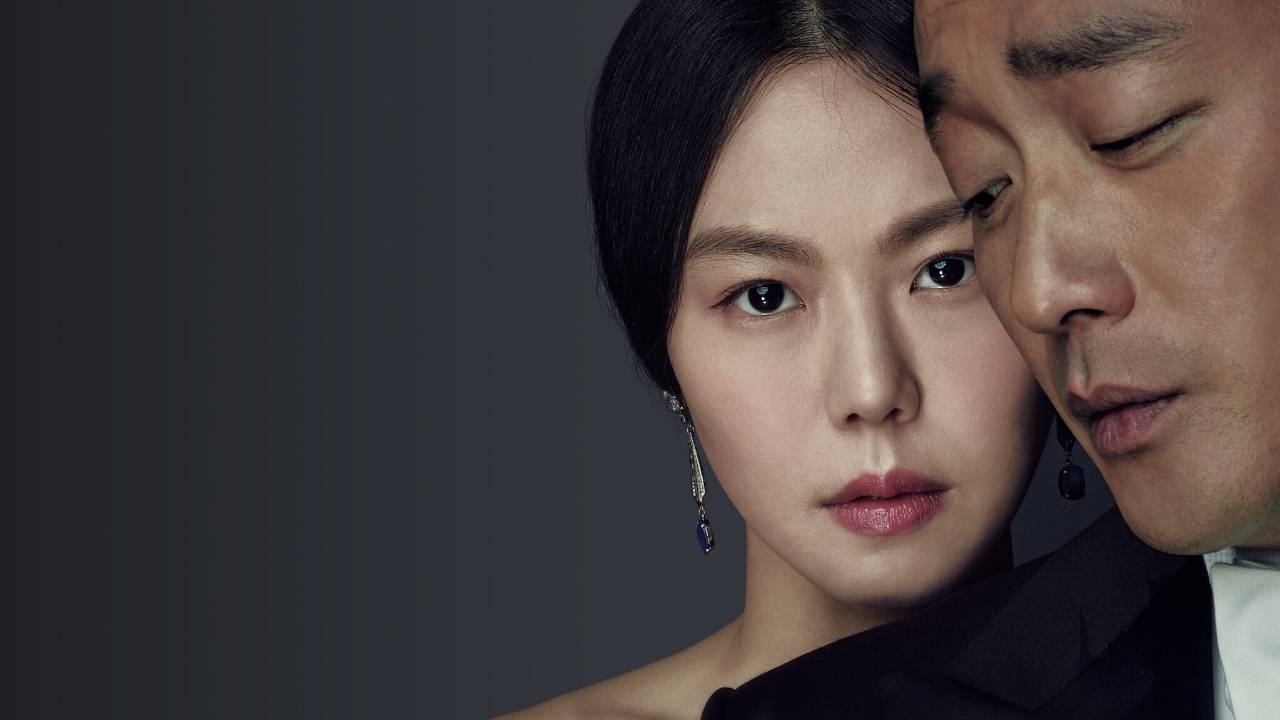
The Handmaiden (2016)
This is a labyrinth of double-crosses, manipulation, and shifting loyalties that would make Hitchcock proud. A con man hires a pickpocket to pose as a maid to a Japanese heiress, hoping to swindle her. The film's three-part structure reveals new perspectives on the same events, turning it into a masterpiece of suspense, voyeurism, and stunning reveals.
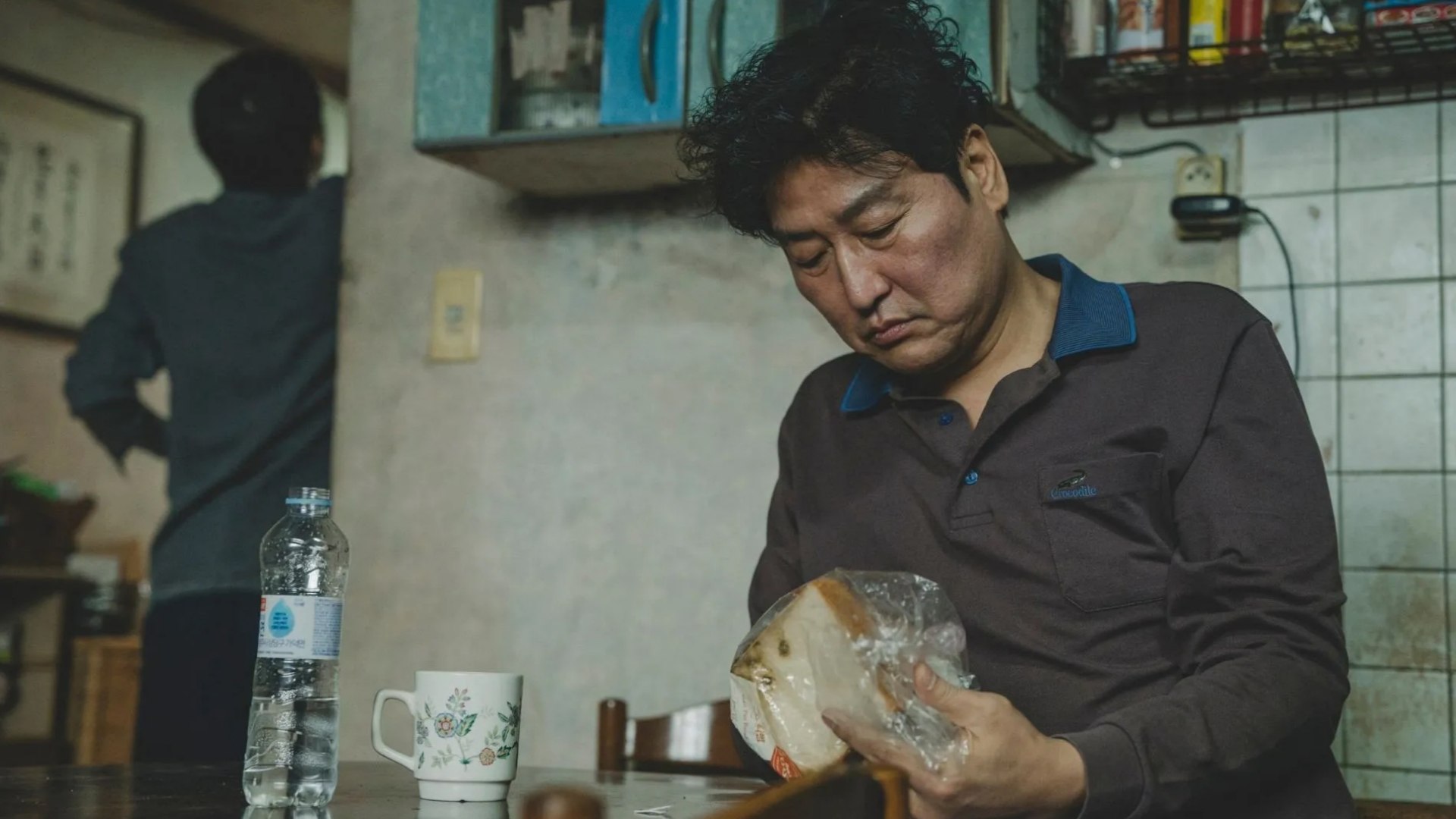
Parasite (2019)
A masterpiece of architectural suspense. Bong Joon-ho uses the house as a character, just as Hitchcock did. The film is a masterclass in "bomb under the table" tension, building suspense from hidden identities, class warfare, and the constant threat of discovery, all culminating in an explosion of violence.
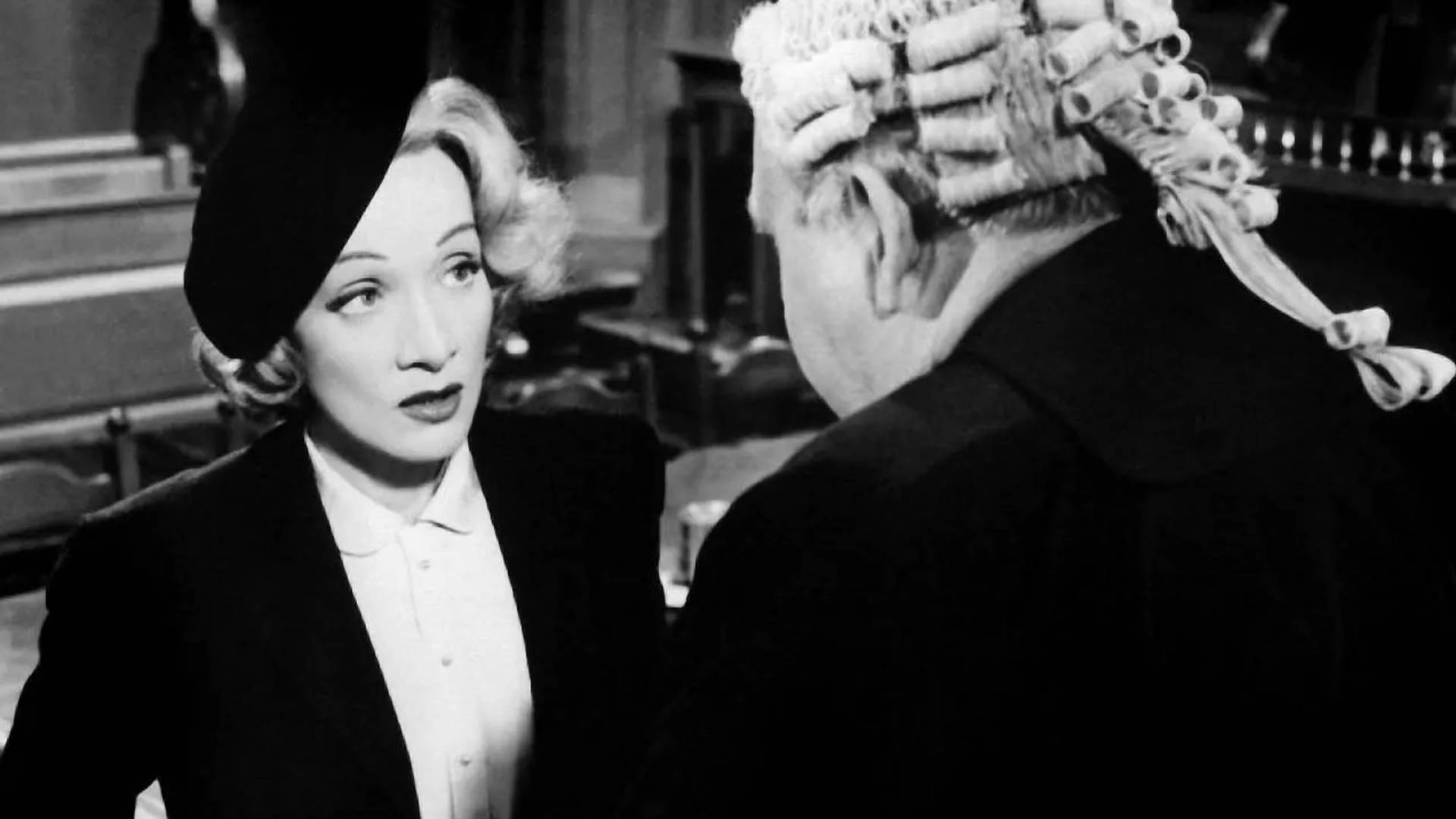
Witness for the Prosecution (1957)
A courtroom thriller filled with twists, charm, and betrayal. What else do you expect from an Agatha Christie adaptation? Billy Wilder crafts a taut, witty murder trial where every testimony shifts the truth. Like Hitchcock, it keeps audiences guessing until the final, jaw-dropping reveal.
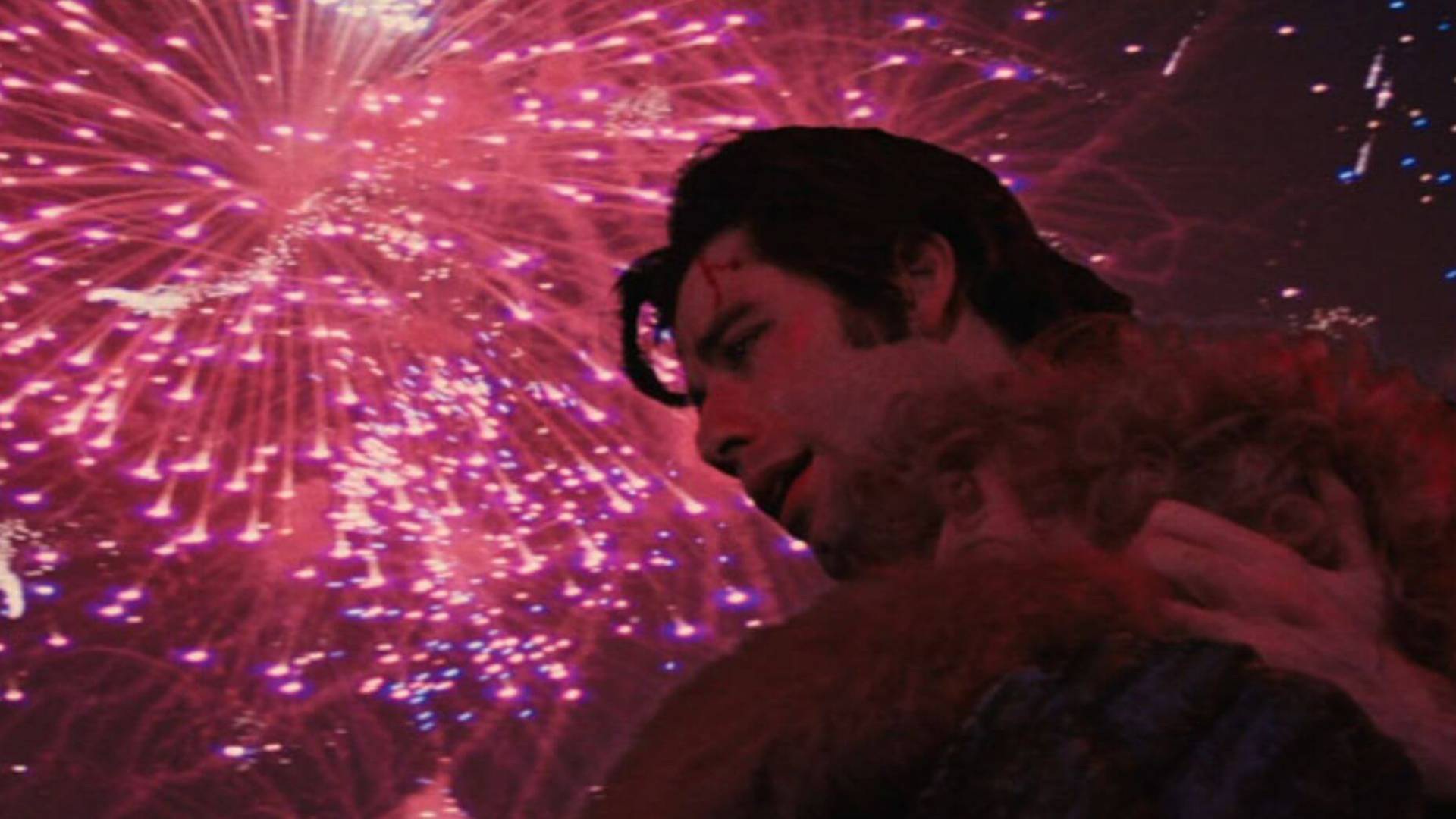
Blow Out (1981)
Another De Palma masterpiece, this time swapping Psycho for Blow-Up and The Conversation. A movie sound-man (John Travolta) accidentally records a political assassination. It's a perfect Hitchcockian setup: an ordinary man in possession of evidence that makes him a target, leading to a desperate race against time in a world of conspiracy and paranoia.
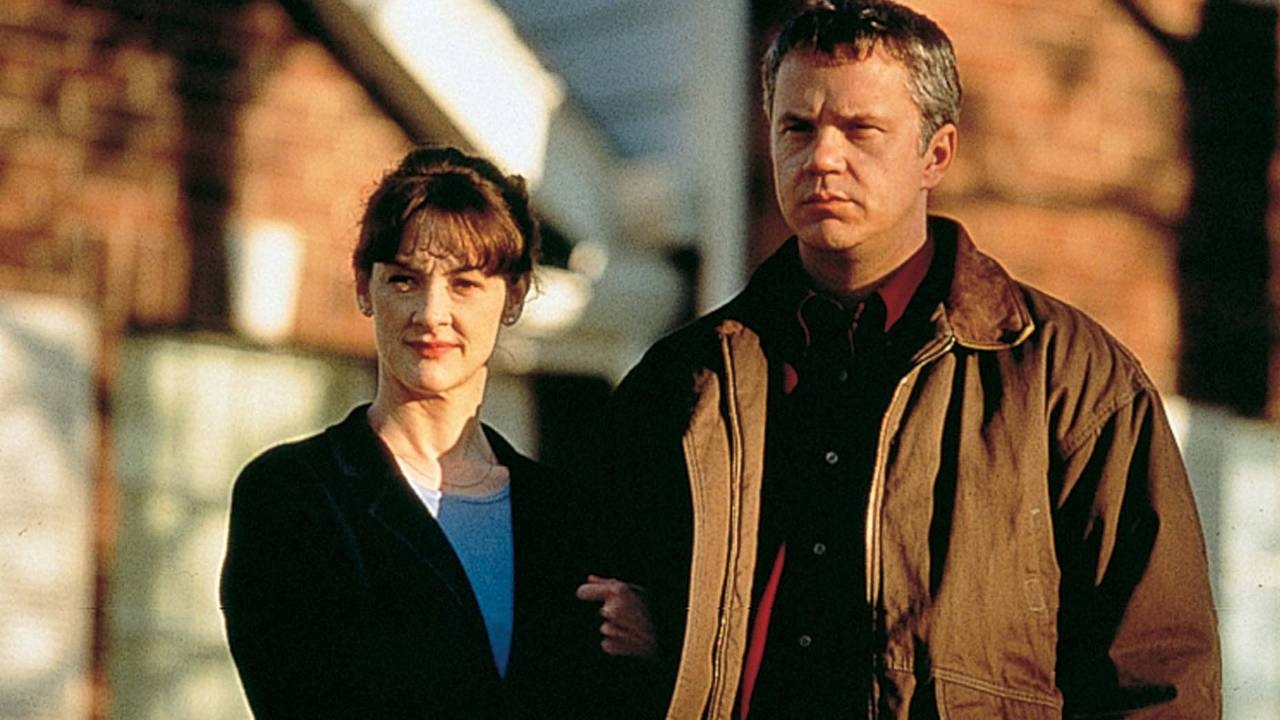
Arlington Road (1999)
This is Rear Window fueled by 90s suburban paranoia. A college professor (Jeff Bridges) begins to suspect his all-American neighbors (Tim Robbins and Joan Cusack) are domestic terrorists. The film is a masterclass in building dread, forcing the audience to question if the protagonist is brilliantly perceptive or dangerously unhinged.
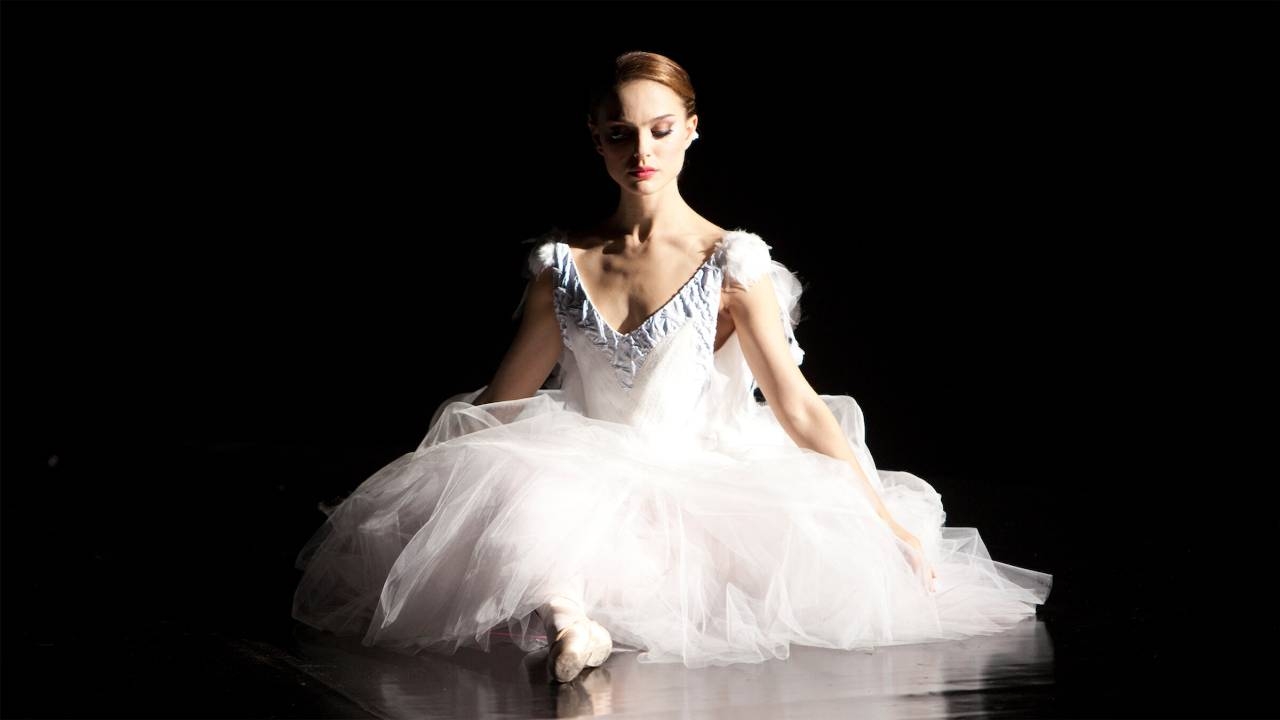
Black Swan (2010)
A powerful psychological thriller that borrows heavily from Vertigo and Repulsion. A ballerina's obsessive quest for perfection leads to a mental breakdown, complete with doppelgängers, paranoia, and a complete fracturing of her identity. It’s a terrifying look at the "double" motif that Hitchcock loved, turned into a body-horror masterpiece.
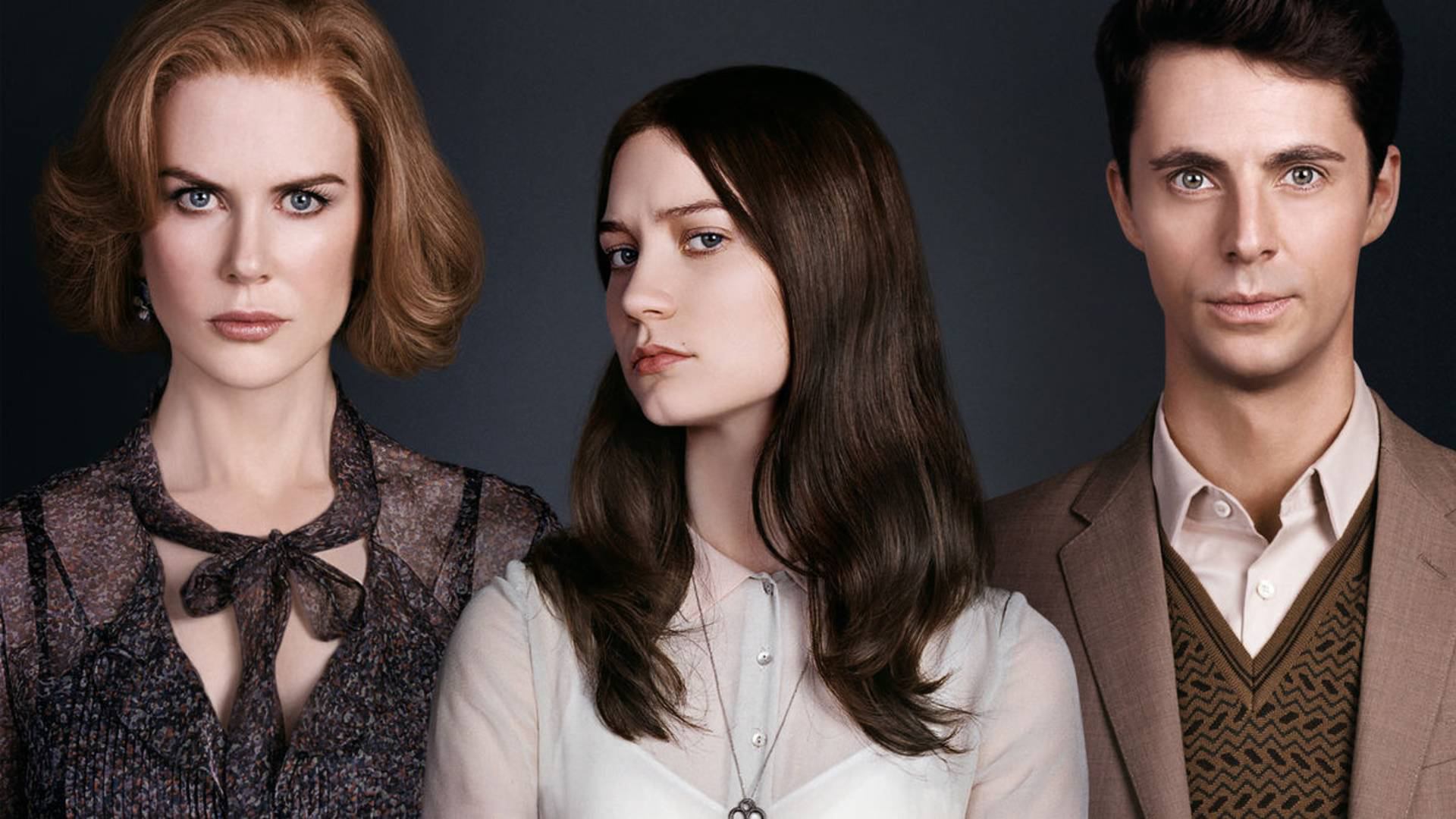
Stoker (2013)
Park Chan-wook’s haunting, elegant thriller, Stoker, is about a young woman’s dark awakening after her father’s death. With eerie family secrets, charged silences, and meticulous visuals, it feels like Hitchcock’s Shadow of a Doubt reimagined for the modern age.
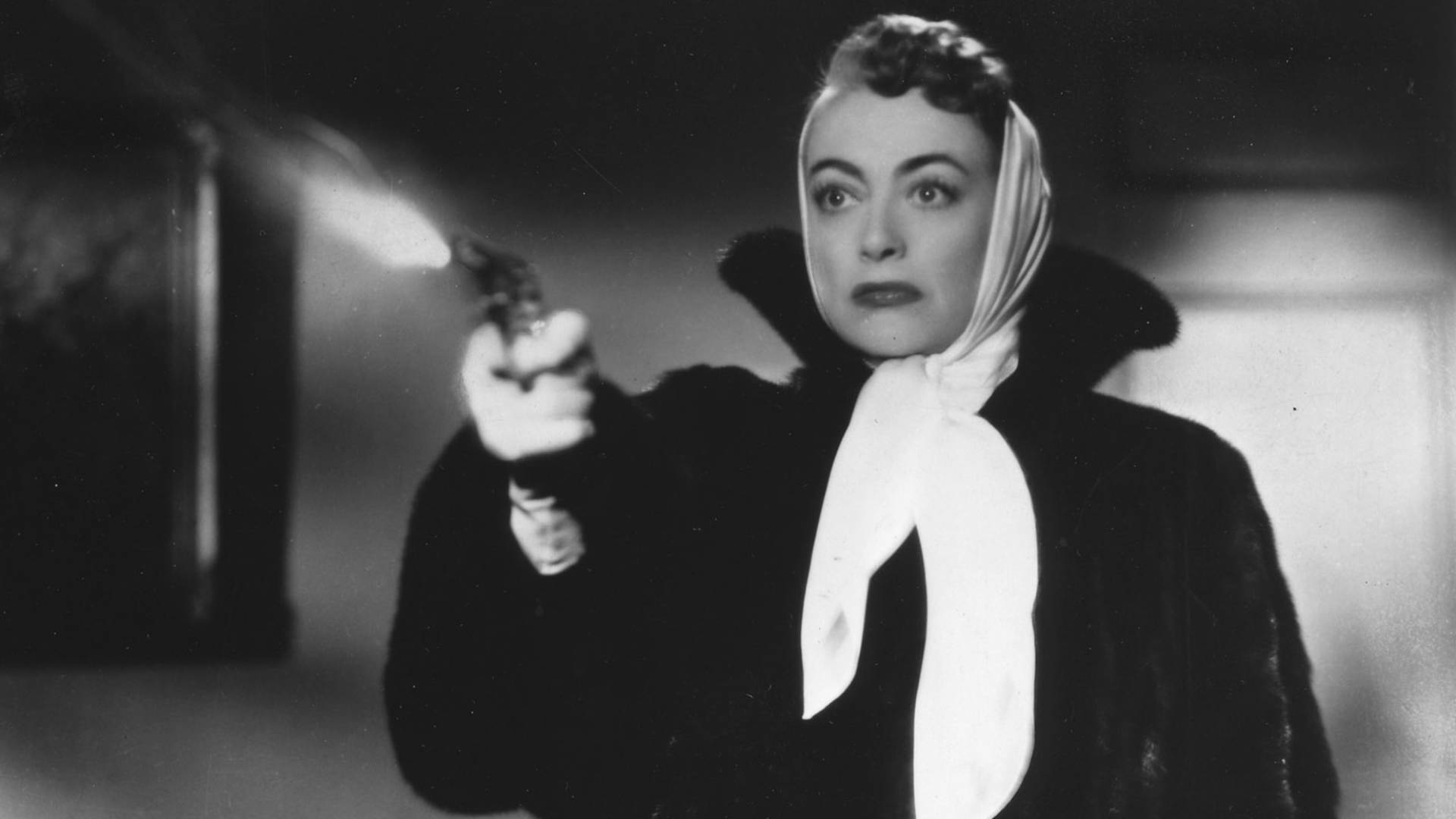
Sudden Fear (1952)
Joan Crawford delivers a powerhouse performance as a playwright who discovers her husband’s murderous plot in Sudden Fear. The movie is stylish, suspenseful, and emotionally charged. Rest assured, it’s pure Hitchcock energy, all glamour and danger.

